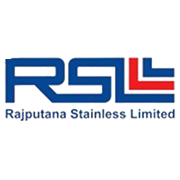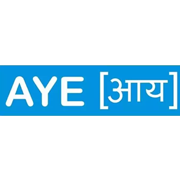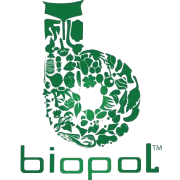What is GK Energy Ltd IPO?
- Answer Field
-
GK Energy Ltd IPO is a Mainboard IPO of 3,03,43,792 equity shares of a face value of ₹2 aggregating up to ₹464.26 Crores. The issue is priced at ₹145 to ₹153 per share. The minimum order quantity is 98 Shares. The IPO opens on September 19, 2025, and closes on September 23, 2025. MUFG Intime India Pvt Ltd is the registrar for the IPO. The shares are proposed to be listed on BSE,NSE.
































